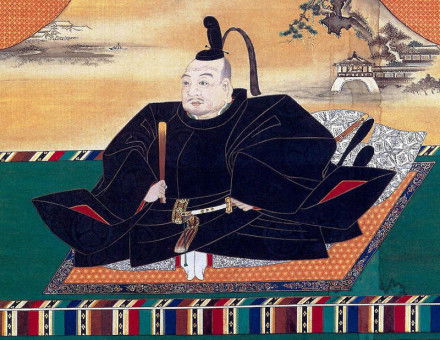Courtship in Tudor England
With a hey nonny-no - but the courtship of Elizabethan lads and lasses was not quite as buccolic as the madrigals suggest, as Eric Carlson explains.
From reading contemporary books, one might almost believe that sixteenth-century English men debated whether or not they ought to remain bachelors. Even after the monasteries were dissolved and clerical marriage legalised, the celibate ideal retained its hold with some writers who argued that the single life could be essential to salvation since 'it frees men from the common cares, molestations and distractions that be in the family', allowing uninterrupted meditation on heavenly things. Francis Bacon considered wives and children 'impediments to great enterprises' and felt that unmarried men made better friends, masters and servants.





